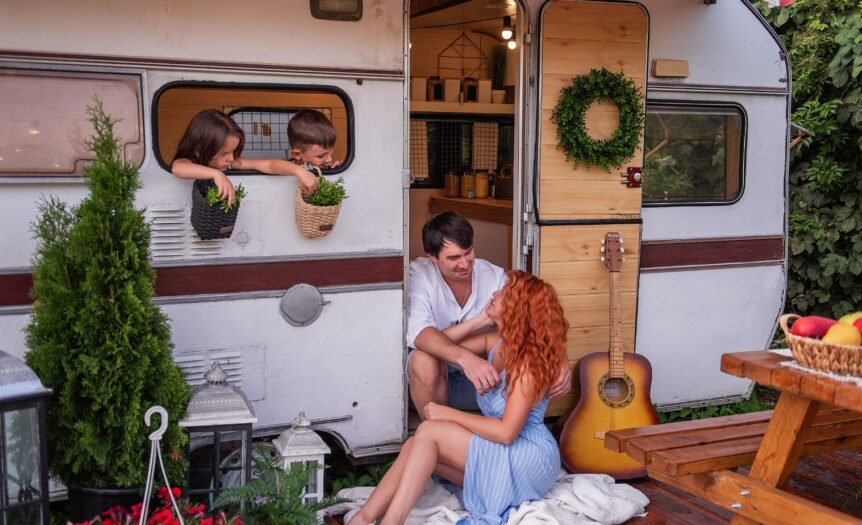One of the many delights of a camping vacation is enjoying a delicious dinner under the stars accompanied by a hot drink. Most camper vans and recreational trailers are equipped with refrigerators and cooking stoves, but some campers find it worrisome because these appliances are typically gas-powered. If your camper van appliances are gas-powered, you need not worry about anything. Knowledge of basic gas safety protocols can help ensure safety during travel. Here are our top tips:
Go For A Professional Installation
Even though installing gas equipment in camper trailers is not as strictly regulated as in houses, exercising caution for your safety is essential. As you already know, gas is highly hazardous, not to mention the risk of being in a moving motor vehicle. It’s better to be safe than sorry and engage licensed gas pipe relining, to install the system.
If you intend to rent out your camper van, you must adhere to the applicable fitting standards and hire qualified professionals for all work. You must also verify that you have the appropriate insurance for your campervan.
Know Your Gas System Inside And Out
It is essential to familiarize yourself with your camper’s gas system inside and out. Know the signs that signal danger, like gas leaks, and how to address them alone.

Find out where the main switches for the gas system are and how to deal with a malfunctioning appliance. Regardless of your system, learn how to immediately cut the supply in an emergency.
Install A Carbon Monoxide Detector
Many malfunctioning gas appliances are designed to produce carbon monoxide. The problem is that it is colorless and odorless, so detecting it without special equipment is challenging. For instance, carbon monoxide levels can easily reach fatal proportions in a cramped area like a campervan, especially if it is not well-aired. You can install a carbon monoxide detector whose alarm goes off whenever it detects the gas in the air.
Shut Off The Gas Valve When Driving
Maintaining a cool beverage supply in your camper while traveling is a good idea. However, the movement can jostle cylinders and appliances, strain hoses and connections, and perhaps result in gas leaks. You need to turn off the cylinder in your gas system when driving or at a gas station.

Even when shut off, the refrigerator should maintain its coolness for several hours. Plus, an LPG cylinder that is securely closed is significantly safer in an accident than one that has an open connection.
Carry Out Ongoing Maintenance
Ignoring maintenance can result in costly repairs and unplanned malfunctions, which will make your journeys less enjoyable. In addition, gas malfunctions can lead to explosions and death. You should inspect the cylinders and pipes for corrosion and leaks and replace the parts if necessary. If you suspect a problem with your system, it’s advisable to have a gas plumber inspect it and perform the necessary repairs.
The Bottom Line
You should be cautious when using gas in your camper van to ensure safety.








